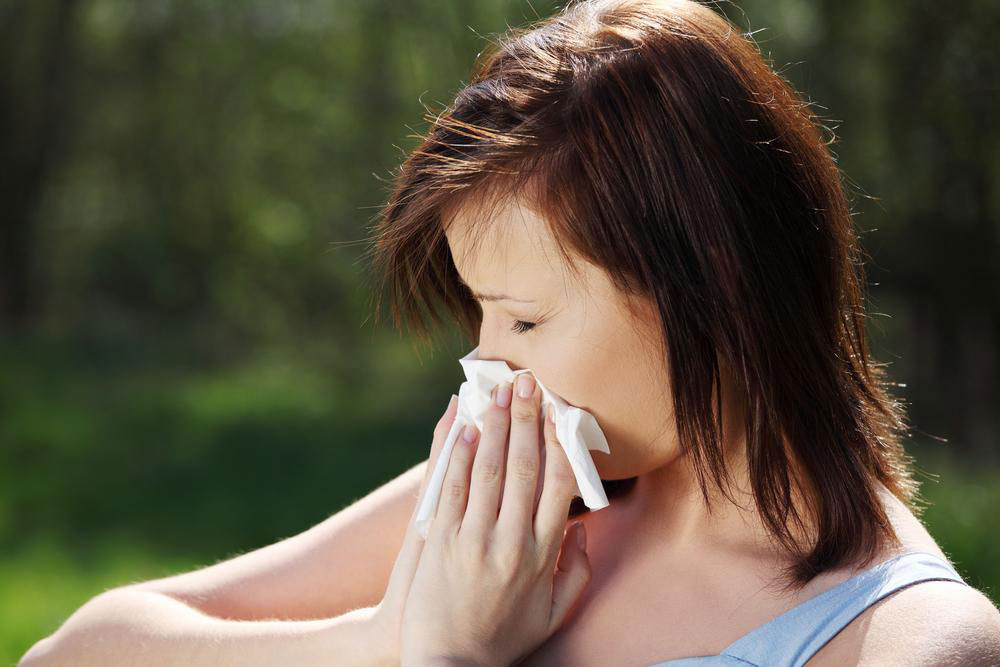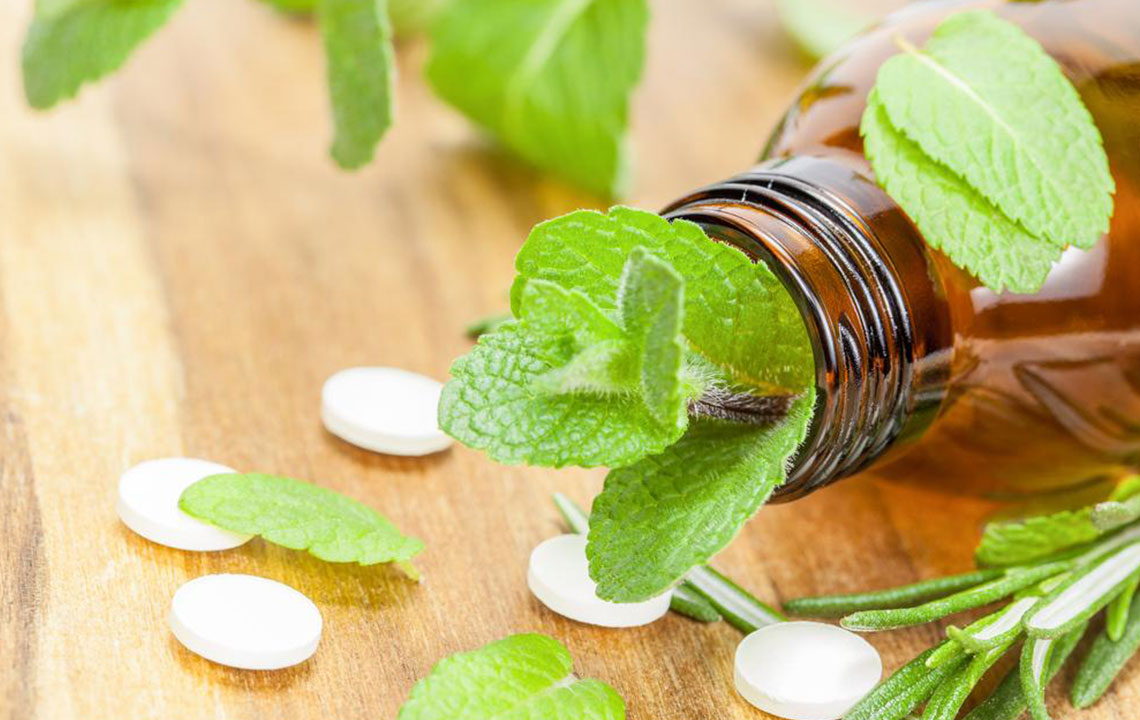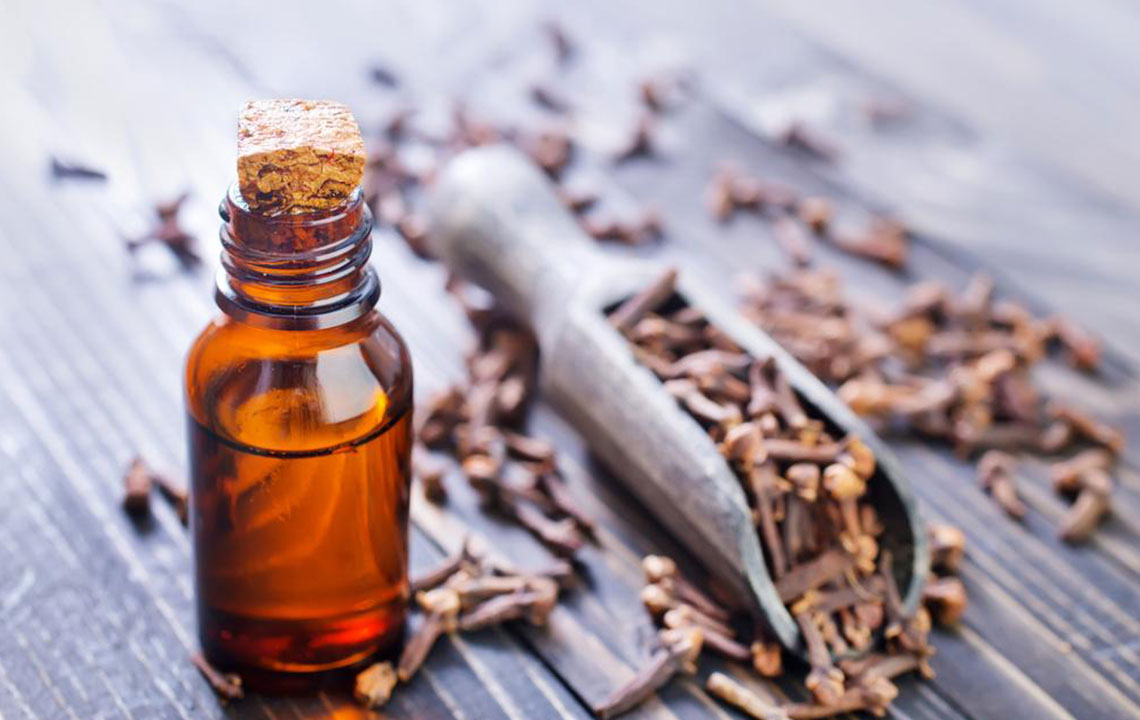Effective Strategies to Relieve Allergy-Induced Coughs
Discover natural and medical treatments to effectively alleviate allergy-induced coughs. From home remedies like honey, ginger, and basil to medical options such as decongestants and antihistamines, this guide provides comprehensive strategies. Also, learn preventive tips to minimize triggers and enhance your immune system for better respiratory health. Whether dealing with seasonal allergies or persistent coughs, these methods can help you find relief swiftly and safely.
Sponsored

Coughing may result from colds or the flu, but it is also a common symptom of allergic reactions. To manage an allergy-related cough, several traditional remedies can be quite effective. Interestingly, some of these treatments also help with colds and flu symptoms.
Managing Allergy-Related Coughs
Persistent or intense coughs, whether due to allergies or other illnesses, can be uncomfortable and exhausting.
Medicinal Approaches
Options include decongestants, cough suppressants, and expectorants. Decongestants reduce mucus build-up, decrease inflammation, and help open airways. Cough suppressants soothe the throat and inhibit the cough reflex.
Expectorants help thin mucus, making it easier to expel. However, decongestants may raise blood pressure, so consult a healthcare provider if you have heart concerns.
Steam Shower
Warm steam can relieve nasal congestion and reduce post-nasal drip, which often causes throat irritation and coughing.
Stay Hydrated
Drinking plenty of water helps keep mucus thin, prevents dry throat, and supports overall detoxification.
Menthol Remedies
Mentholated syrups or lozenges can numb the throat, easing irritation and cough severity.
Many traditional home remedies have stood the test of time for alleviating allergic and cold-related coughs. Here are some effective natural treatments:
Honey
Honey soothes the throat and acts as a natural cough suppressant. Take a spoonful slowly or mix it into warm water or lemon herbal tea for relief.
Saltwater Gargle
Mix half a teaspoon of salt in warm water and gargle to clear mucus and soothe an irritated throat.
Essential Oils
Eucalyptus or peppermint oils added to water and diffused can reduce cough symptoms. Applying diluted oils to the throat and nose provides direct relief, provided you're not sensitive to strong scents.
Thyme Infusion
Steep crushed thyme leaves in boiling water, strain after cooling, and drink to reduce inflammation and relax throat muscles, decreasing cough frequency.
Ginger Tea
Combine fresh grated ginger in hot water, strain after boiling, add honey, and sip for antihistamine and anti-inflammatory benefits.
Turmeric and Cumin Seeds
Mix turmeric powder and cumin seed powder in warm water. Drink to soothe the throat and harness antiviral properties.
Basil Tea
Steep basil leaves, strain, and sweeten with honey for antimicrobial benefits that help manage cough and cold symptoms.
Mint Comfort
Peppermint acts as a natural decongestant, calming coughs and soothing throat irritation. Prepare peppermint tea or inhale steam infused with peppermint oil.
Preventive Tips for Allergy Cough
Recognize allergens like pollen, pet dander, or dust that trigger symptoms.
Avoid known triggers whenever possible.
Use antihistamines to manage allergic responses.
Practice good hygiene by washing hands after outdoor activities.
Wear masks outdoors to reduce inhalation of allergens.
Enhance immunity through nutritious foods like broccoli, garlic, onions, and leafy greens.
Incorporate herbs like turmeric and basil for added immune support.
Understanding whether a cough is allergy-related is key to proper treatment. Use antihistamines and decongestants as needed. Combining medical options with home remedies can effectively manage allergy cough symptoms and improve comfort.






